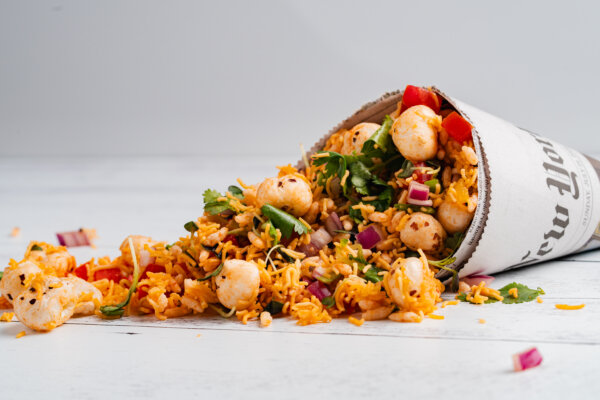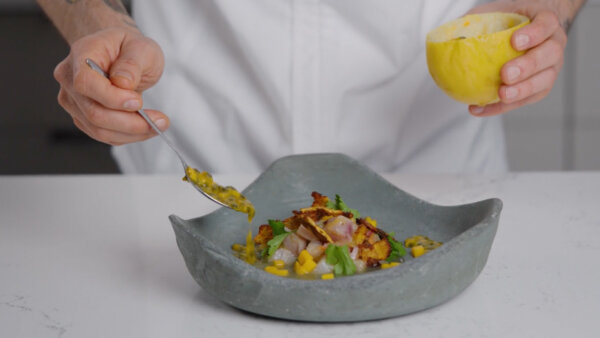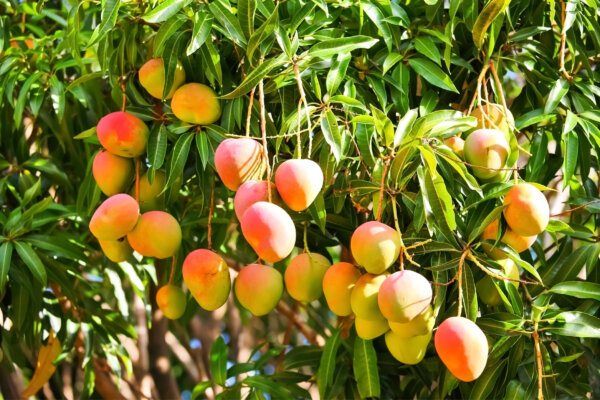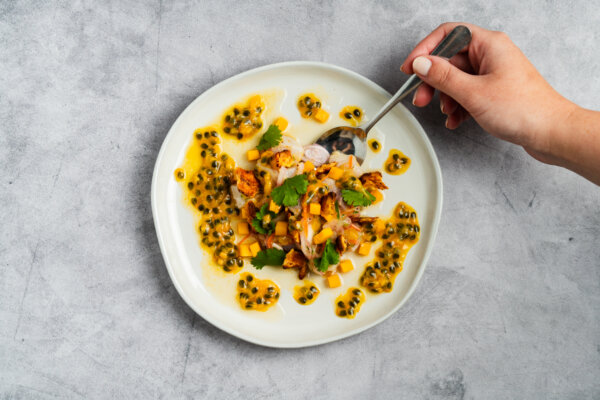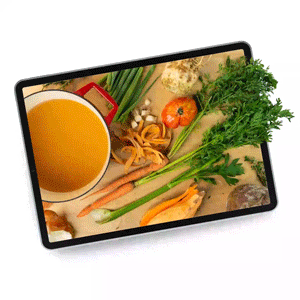

More and more food companies are approaching their business with a sustainability mindset, assessing how their practices can help to nourish the world—making upcycling a path towards the future. Resourceful methods for repurposing off-cuts, byproducts and scraps give new life to ingredients and help to salvage food “waste” that is, in fact, completely edible. Creative upcycling is especially hot in the snack industry, with products like Australian energy bars made with coffee fruit scraps and sustainable Japanese shrimp crackers utilizing shrimp shells and udon noodle scraps. In both North America and Europe, consumers can find crisps, crackers and other snacks made with upcycled grains from beer production.
In the US, an innovative 0% food waste company upcycles fiber discarded by the cashew nut and juice industries to create a sustainable cashew fruit meat. Plant-based protein upcycling can also be found in Switzerland, Germany and the Netherlands, where salvaged peas, oats and sunflowers are used to create plant-based chicken kebabs, pulled pork and schnitzel. A Danish startup is even using upcycled juice pulp to create vegan sausages with a “snap” similar to animal-based products.
Education and awareness are critical pieces of the puzzle, and many foodservice operators are doing their part to teach the public about the importance of upcycling. A restaurant in India proudly touts their sustainable practices, using fish skin for chips, mutton neck bone to make stock and dehydrated vegetable peels as garnishes. A Brazilian upcycling initiative holds workshops and classes for chefs and community members, reducing waste while making more food available for those who cannot afford it. Small steps can ultimately make a large impact towards creating a circular economy, as awareness, cooperation and change happen across the entire supply chain.
3 Trends to Watch

Protein Expansion:
The use of both plant-based alternatives and utilization of meat and seafood scraps will continue to grow.

Ethical Sourcing:
Consumers are expressing desire for more ethically sourced products, and brands that upcycle will highlight these acts with on-pack claims.

Communication:
As chefs expand their upcycling efforts in the kitchen, they’ll find even more ways to communicate the benefits of their processes to consumers who are looking for transparency on sustainability-related issues.

Cooking with Purpose
Zero-waste cooking is all about using innovation, creativity and the circular economy model to create more with what we already have. Join Chef Mark Serice as he showcases Blackstrap Molasses Cured and Smoked Turkey “Ribs,” made with underutilized cuts of poultry. He’ll also give new life to imperfect fruit by creating a Bruised Peach BBQ Mop Sauce, enhanced with cane vinegar to complement the sweet, juicy flavors.
Segment Snapshot
QSR/Foodservice:
While some operators keep their upcycling behind the scenes, others have adopted an entirely upcycled economy and are making their efforts known to patrons. Chefs are combatting unnecessary food waste through creative new dishes.
Protein Processors:
Though still a relatively niche category, some protein brands are experimenting with the use of repurposed animal byproducts. Exploration of circular economy initiatives is growing as a way to combat food waste.
Snacking:
CPG snacks are primarily utilizing grains, fruits and vegetables as the base in upcycled formulations, with a focus on meat snacks, chips and crackers. Further innovation with ingredients and product form is being explored.

Culinary Inspiration
Get inspired by these on-trend concepts to create innovative offerings using products from Griffith Foods.
Blackstrap Molasses Cured and Smoked Turkey “Ribs”

Make the most of an underutilized cut by splitting turkey wing flats and curing with molasses, a classic byproduct of sugar production. The “ribs” are smoked over hardwood dust and served with a thin BBQ mop sauce made with cane vinegar, bruised peaches, chili, garlic, onion, mustard and tomato.
Featuring: Griffith Foods Cane Vinegar North Carolina BBQ Sauce, Griffith Foods Molasses Marinade for Poultry
Beet Green and Vegetable Pulp Pakoras
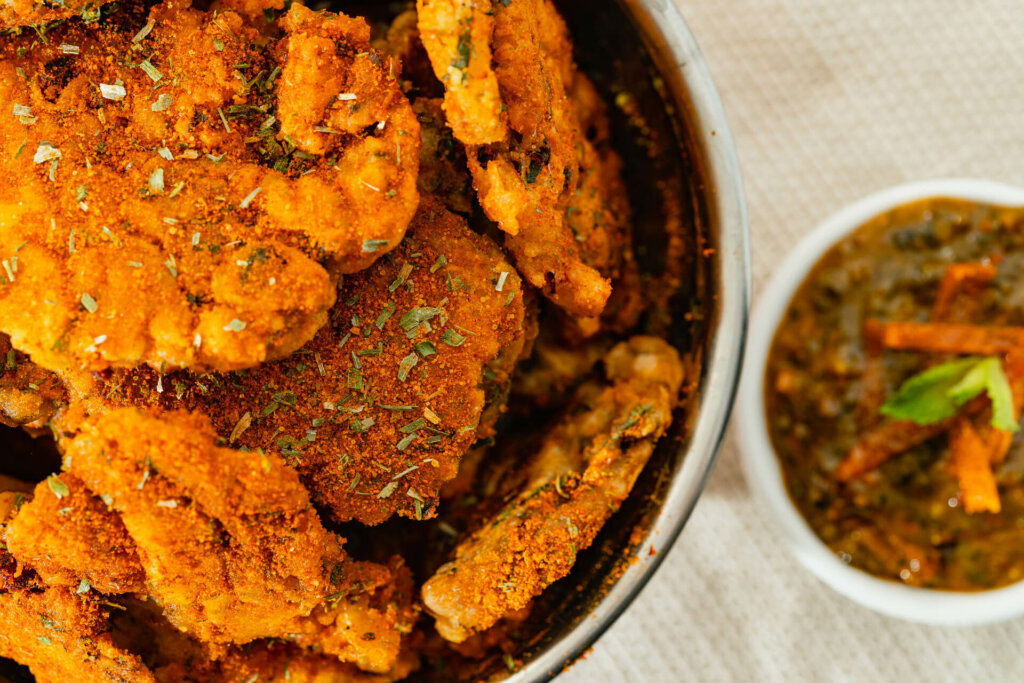
These perfectly crisp, golden-brown fritters are made with a cumin-spiced batter of chickpeas and green banana flour, with tender and colorful beet greens gently folded in. They’re served with an upcycled candied orange peel and mint stem chutney for dipping.
Featuring: Griffith Foods Besan Pakora Batter, Griffith Foods Orange and Mint Chutney
Chef Tip
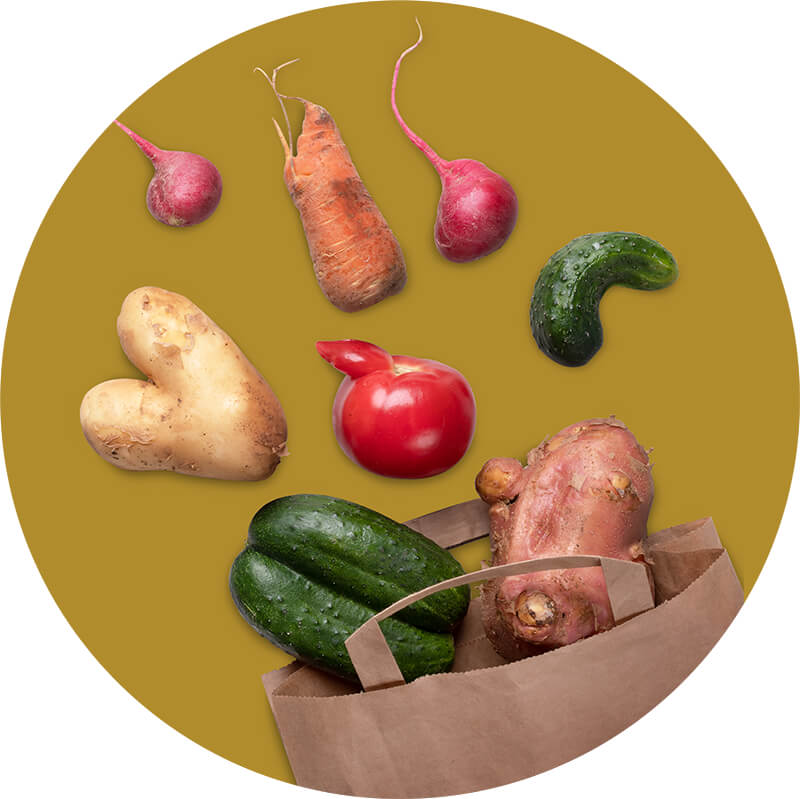
“Before you throw food scraps away, ask yourself if they could be upcycled for another application on your menu. Not only does this approach encourage culinary creativity, it maximizes the versatility of your ingredients and can help manage costs.”
–Chef Mark Serice, Vice President Global Culinary, Griffith Foods
Ingredient Production, Without the Waste

NuBana™ Green Banana Powder from TEROVA is Non-GMO Project Verified and naturally rich in resistant starch, a prebiotic dietary fiber. It delivers the functionality of a starch with a fruit label, yet without the sugar or taste of ripe bananas—perfect for snacks; coating systems for chicken, pork and seafood; batters; dough blends; alternative proteins and beverages.
Through the production of NuBana™ Green Banana Powder, TEROVA is helping to reduce banana waste and strives to use the entire crop of peeled green bananas. By contrast, up to 20% of bananas grown for the fresh market are composted or destroyed simply because they do not meet size or shape specifications. Simply put, this versatile “whole food” ingredient isn’t just good for consumers and food manufacturers—it’s good for the planet, too.

© 2022 Griffith Foods. All rights reserved.
Source: Mintel, 2022 FlavorIQ® Global Trends and Insights Report, January 2022.

